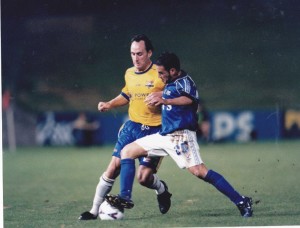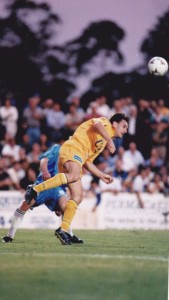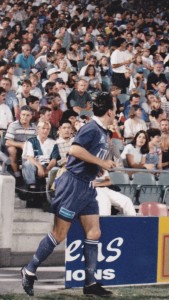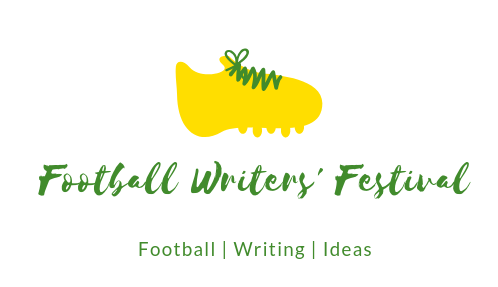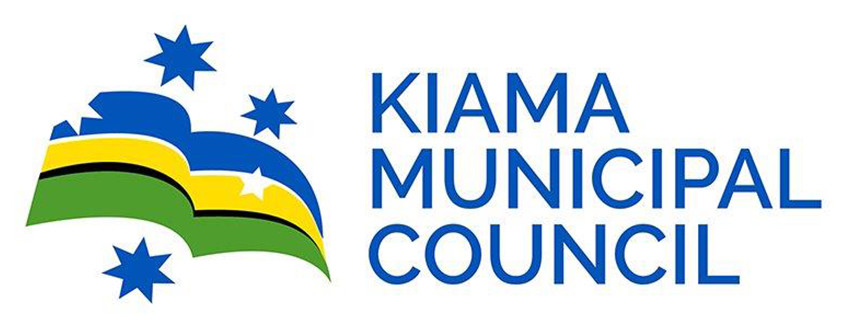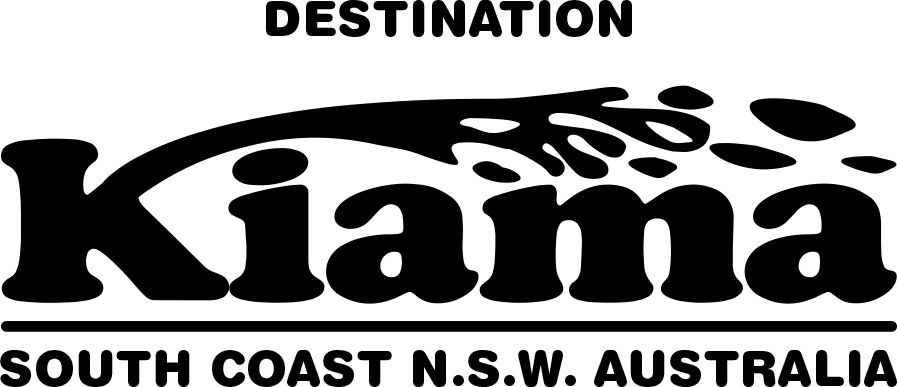David playing for Parramatta Power (In Yellow)
From 1986-2002, David Barrett entertained NSL supporters with marauding runs down the right flank, lightning crosses from the byline and powerful shooting for Sydney Olympic, Sydney United and Parramatta Power.
Ironically, Barrett only represented Australia in the first u/16 World Youth Cup and was never selected to don the green and gold at senior level.
He played in a golden generation when the standard of NSL football was captivating and the production line of local products guaranteed a constant movement to overseas Leagues.
However, Barrett passed up the opportunity to play overseas to pursue a professional career in maths teaching and is now a deputy principal at Westfield Sports H.S.
He looks back with a sense of pride at his 400 appearances in the NSL but is determined to investigate the possibilities of carving a professional career in football administration.
He already acts in a voluntary capacity on the FFA Tribunal and this has whetted his appetite for a further commitment to the game.
His professional credentials are impeccable and provide a perfect fit to launch a career in football administration.
Are we so blessed with outstanding administrators, that there isn’t a place for a professional like David Barrett to influence the future destiny of the game?
In this interview with Roger Sleeman, David Barrett talks about his career in professional football, the great players of his era, his involvement in advancing school football and his ambitions to work in the game.
ROGER SLEEMAN
Where did it all begin?
DAVID BARRETT
I first started playing with Fivedock RSL at the age of four and progressed to Champion of Champions by u/11 and 12 competitions.
I played with Canterbury District representative teams till u/14 level before I decided to seek better coaching at Sydney Olympic u/15’s.
That season of 1985, I was selected by Vic Dalgleish to play for the Kodak Kids in the first u/16 World Youth Cup in China who included Craig Foster, Paul Trimboli, George Jolevski, Robert Runje, George Bouhoutsos and Gareth and Craig Naven. These players all experienced successful professional careers.
We hold the record of being the only Australian World Cup team to not concede a goal, yet were knocked out a tournament in a quarter final loss to Guinea on penalties, after also defeating Argentina, the favourites, in the first round.
After all these years, I still question the age eligibility of the Guinea players.
R.S.
What happened after the World Cup?
D.B.
Vic Dalgleish suggested I play at Avala in the NSW State League so I could improve my game by playing against senior players.
The following season, at the age of sixteen, I was signed by Eddie Thomson to play in the Sydney City Youth team in a competition which was u/20’s.
I well remember the game when we were playing against Sydney United and the great Murray Barnes was selected in our team because he was returning from injury.
On the day, Barnes scored the five goals in a 5-0 victory which was proof of his champion status and the large gap between youth and senior football.
R.S.
What are your memories of Sydney City’s withdrawal from the NSL after the first game of the 1987 season?
D.B.
I’d only played one first grade game the previous season and all the players except for Ean Rodrigues had played for Australia.
John Kosmina, Frank Farina, Joe Watson, Steve O’Connor, Alex Robertson, Jean-Paul de Marigny and Barnes were great mentors and working and learning from them was probably the best form of coaching I ever experienced.
Consequently, you can imagine how I felt when the club folded.
We arrived at the ground on April 2nd, 1987 surrounded by camera crews before the announcement of the clubs demise was made.
I was devastated as I was set up for a big year but it was the secretive manner in which the message was delivered which was hard to accept.
I left the training ground wondering what would happen but I fortunately received a call from Eddie Thomson who had gone to Sydney Olympic the year before.
Thomson offered me a spot in their youth team which I naturally accepted, subject to agreeing on terms.
That was a story in itself because when I was asked by the Olympic administrator how much was I being paid per week by Sydney City, Thomson fortunately intervened and stated $60.
The administrator agreed to the figure, although in reality, I was only paid $30 per week at Sydney City so for a poor university student I was over the moon.
R.S.
Can you relate your experiences at Sydney Olympic?
D.B.
For Youth League games in that first year, we were attracting crowds of up to 3,000 as the curtain raiser to the NSL Ist Grade so the team was buzzing.
In the 1988 year, I played first grade and played in my first grand final against Marconi which we lost in the 90th minute to a Zlatko Nastevski goal.
In the following year, we played Marconi again after only qualifying for the final series on goal difference which also resulted in Blacktown City being relegated to the State League.
Co-incidentally, I scored the goal from a cross come shot which helped us qualify and ultimately led to our grand final victory revenge encounter by a 2-0 scoreline.
What was particularly gratifying was the young squad, notably Robbie Hooker, Abbas Saad, Robbie Ironside, Alistair Edwards, Gary Phillips, Andrew Bernal and myself at the ripe old age of twenty one.
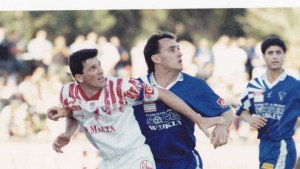
David playing for Sydney Olympic (In Blue) against Marshall Soper of the Parramatta Eagles (In White).
R.S.
In 1998, after you’d been club captain for two years and at the club for over ten years, you were summoned by the coach, Geoff Harcombe, who was your former youth team coach at Sydney City, and informed the club was signing another full back and you should look to move on.
Can you relate those circumstances and the eventual outcome?
D.B.
Harcombe confirmed these details and informed me the contract wasn’t looking good so I made contact with David Mitchell who was at Sydney United.
Mitchell signed me and I followed him to Parramatta Power when they entered the NSL IN 1999/2000 where I experienced three great years in the professional game.
R.S.
You were never selected for the Socceroos, despite your tag as Mr. Consistency in the right back position?
Can you explain why?
D.B.
It was a very competitive landscape in the national team selection stakes and there were a lot of good players in my position.
It also helped if you were playing overseas as it does today.
I did have the chance to go to Queens Park Rangers in 1989 when Trevor Francis made an offer to Sydney Olympic of $50,000 for my services but I decided not to ago after viewing the terms of the contract which revealed I wouldn’t be earning any more than I was at Olympic.
Also, I’d just commenced university studies which I wanted to complete while I was young.
In retrospect, I have no regrets because I’ve achieved much in my professional life.
R.S.
Who were the best players you played with and the most difficult opponents?
D.B.
The best team-mates were David Mitchell, Abbas Saad, Andrew Bernal, Ned Zelic, Gary Maier, Robbie Ironside and Peter Raskopoulos.
I won’t forget the first match of the 1988 season against Sydney United when Raskopoulos played the game of his life in a 3-0 win against formidable opposition including Graham Arnold, Robbie Slater, Manis Lamond, Vedran Rozic and Branko Milosevic.
Other fierce opponents were Mark Viduka, Steve Corica, Paul Trimboli, Oscar Crino and Micky Petersen.
R.S.
How much have you been involved with football development at Westfield Sports H.S.?
D.B.
In 1991, I started as a Maths teacher straight out of university and in the first year coached the u/15 boys’ team to victory in the Bill Turner Cup with a team boasting future stars Sean Babic and Jacob Burns.
From 1993 to 1995 inclusive we won the senior school Commonwealth Bank Cup.
Subsequently, as a head teacher in Maths I floated in and out of football while we acquired full time football coaches at the school.
Sports high schools have an important part to play in development because clubs don’t have enough access to their players so they should partner with sports high schools to increase the number of sessions per week to 5-7, rather than the current 3-4.
In the near future a Memorandum of Understanding will be signed by FNSW and the seven sports high schools to form a partnership which will introduce an identity program.
R.S.
You are currently the Technical Director for Sydney University Youth League teams.
What ambitions do you have in coaching and what else would you like to achieve in football?
D.B.
I have modest ambitions in coaching because in professional football, you lead a selfish life over all those years of playing.
I have two sons playing for the University and I would like to put time into their development.
Furthermore, I would like to explore the possibilities of an administrative career in the game because I can apply my educational knowledge and the experience I’ve gained in leadership positions in teaching.
I owe a lot to football but I can see many past players have been cast aside when they offered so much.
This trend has to be reversed.

